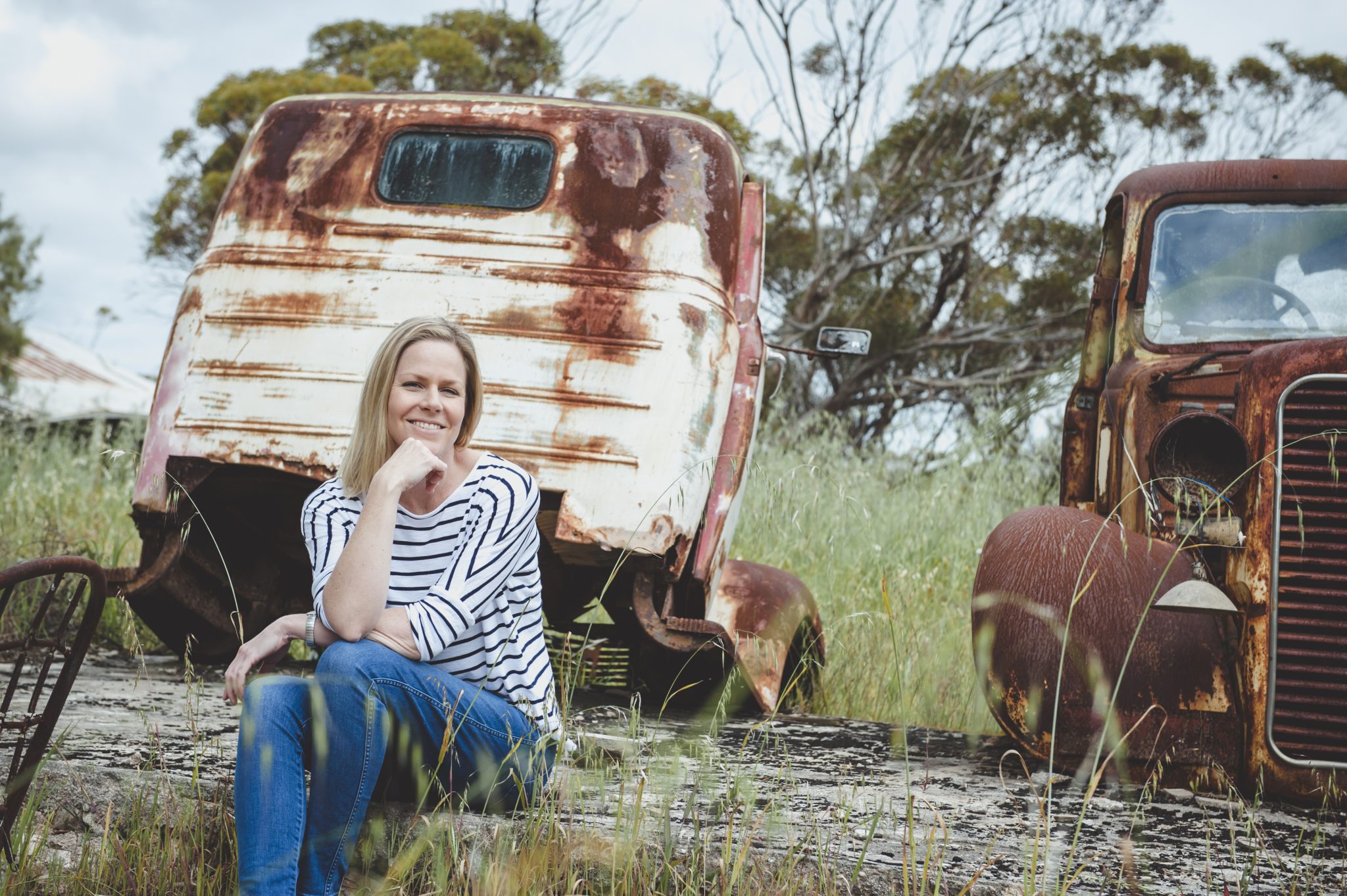I am Sarah Prime (Powell) and I was the National Rural Women’s Award Winner in 2015 and the State winner for South Australia.
This happened during rather a unique time in my life. I had just discovered I was pregnant with our first child a couple of weeks before winning the state Award, and he was born just a few weeks after I was announced the national Award winner. In hindsight it was a bit of rollercoaster year, but at the time I didn’t know any different – I didn’t have anything to compare it to – I just kind of got on with it!
No club = no community
I have always been passionate about regional communities, but my return to Eyre Peninsula was the real catalyst for me wanting to do something bigger to help them. When I saw how the town where I grew up had reached a tipping point of no return, it really hit home for me.
When small regional communities go into decline, you can physically see it. The school closes, then the general store, the tumbleweeds blow in and the paint cracks and peels. But when the community sporting club no longer has a team to represent it, it’s not just the end of an era or the loss of a social network, it’s the heart and soul of a community that stops beating.
When I visited my hometown that day, I remember thinking, when small country towns lose their sporting club, what else remains to pass on the legacy of these communities, the history that used to be passed down through generations of storytelling and photos on club walls? What happens to the social fabric of the community? What remains to rally the people and raise community spirits when times get tough, when they need it most?
But then I had a realisation. If we could engage people in sport, why couldn’t we engage those same like-minded people more broadly in leadership and mentorship?
I knocked on lots of doors and didn’t get a lot of support from the traditional grant funding pathways. It wasn’t until I rang AgriFutures Australia, that things began to change. Straight away, I knew they existed to pick up ideas like mine, to elevate people like me, to back things that would help rural communities.
Imagination to creation
When I received the award, I used my bursary to deliver the “Champions Academy” pilot program to empower individuals who would go on to instigate positive change in their community. I used the sporting club model to mentor and teach aspiring leaders, to foster personal development and teach young ambassadors how to step up in their club and community.
The results were promising with 93% of graduates taking a role in leadership in regional communities in South Australia. More than sixty people who have graduated have gone back out to their regions, helped their communities stay afloat, and promote social cohesion through all sorts of volunteering, leadership and advocacy roles – not just in sport.
Champions Academy programs have now transitioned into schools. I held the inaugural Next Gen of Eyre ‘kids conference’ last year and I am now designing a spin off called “Game Changers,” where visiting guest mentors will bring outside knowledge into our regional communities on a monthly basis, to motivate, inspire and facilitate conversations between future and current business, industry and community leaders.
I rate my greatest achievement as survival. I have been living with high functioning clinical depression and anxiety since childhood (although it wasn’t called that at the time). It has manifested in some major disruptions to my physical health throughout the years, as well as plenty of hard-fought battles to keep my head above water, so to speak.
My work has been such an important contributor to my survival instinct – I am driven to create a sense of optimism for the future, not just for me but for all people in rural communities. My involvement in the Rural Women’s Award was the very first step I took in this direction, and I am full of gratitude for that part it has played in giving me a sense of purpose.









